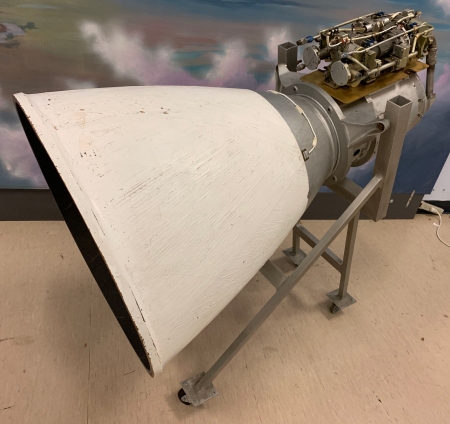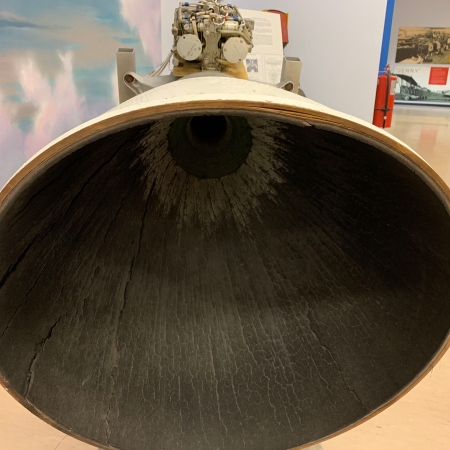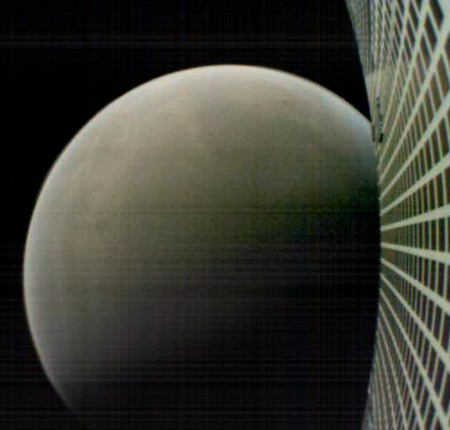Today’s launch update
This post will change throughout the day. At the moment, India has successfully finished out the year with its seventh launch, placing an Indian military satellite into orbit with its GSLV rocket.
Seven launches matches India’s previous high from two years ago, but it is also far below their predicted 12 launches. I have a hunch next year will see that jump in launches, especially now that they have now successfully launched their GSLV rocket multiple times.
Meanwhile, Blue Origin is now targeting December 21, in two days, for its suborbital flight of New Shepard, while SpaceX decided to hold off on a launch today of an Air Force GPS satellite while it analyzes more closely the technical issue that scrubbed yesterday’s launch.
An Arianespace Soyuz rocket is set to launch a French military satellite from French Guiana very shortly, while a ULA Delta-4 Heavy is on track for the launch of a National Reconnaissance Office (NRO) spy satellite later today. I will provide updates later today.
UPDATE: Arianespace has successfully launched the French military satellite, using a Soyuz rocket. This was the eleventh launch for Arianespace this year, and its third Soyuz launch. Some might assign these Soyuz launches to Russia, but I consider them European launches because the business comes from Arianespace.
UPDATE: The ULA’s launch today was scrubbed due to the detection of a fuel leak. No word on when they will try again.
This post will change throughout the day. At the moment, India has successfully finished out the year with its seventh launch, placing an Indian military satellite into orbit with its GSLV rocket.
Seven launches matches India’s previous high from two years ago, but it is also far below their predicted 12 launches. I have a hunch next year will see that jump in launches, especially now that they have now successfully launched their GSLV rocket multiple times.
Meanwhile, Blue Origin is now targeting December 21, in two days, for its suborbital flight of New Shepard, while SpaceX decided to hold off on a launch today of an Air Force GPS satellite while it analyzes more closely the technical issue that scrubbed yesterday’s launch.
An Arianespace Soyuz rocket is set to launch a French military satellite from French Guiana very shortly, while a ULA Delta-4 Heavy is on track for the launch of a National Reconnaissance Office (NRO) spy satellite later today. I will provide updates later today.
UPDATE: Arianespace has successfully launched the French military satellite, using a Soyuz rocket. This was the eleventh launch for Arianespace this year, and its third Soyuz launch. Some might assign these Soyuz launches to Russia, but I consider them European launches because the business comes from Arianespace.
UPDATE: The ULA’s launch today was scrubbed due to the detection of a fuel leak. No word on when they will try again.



